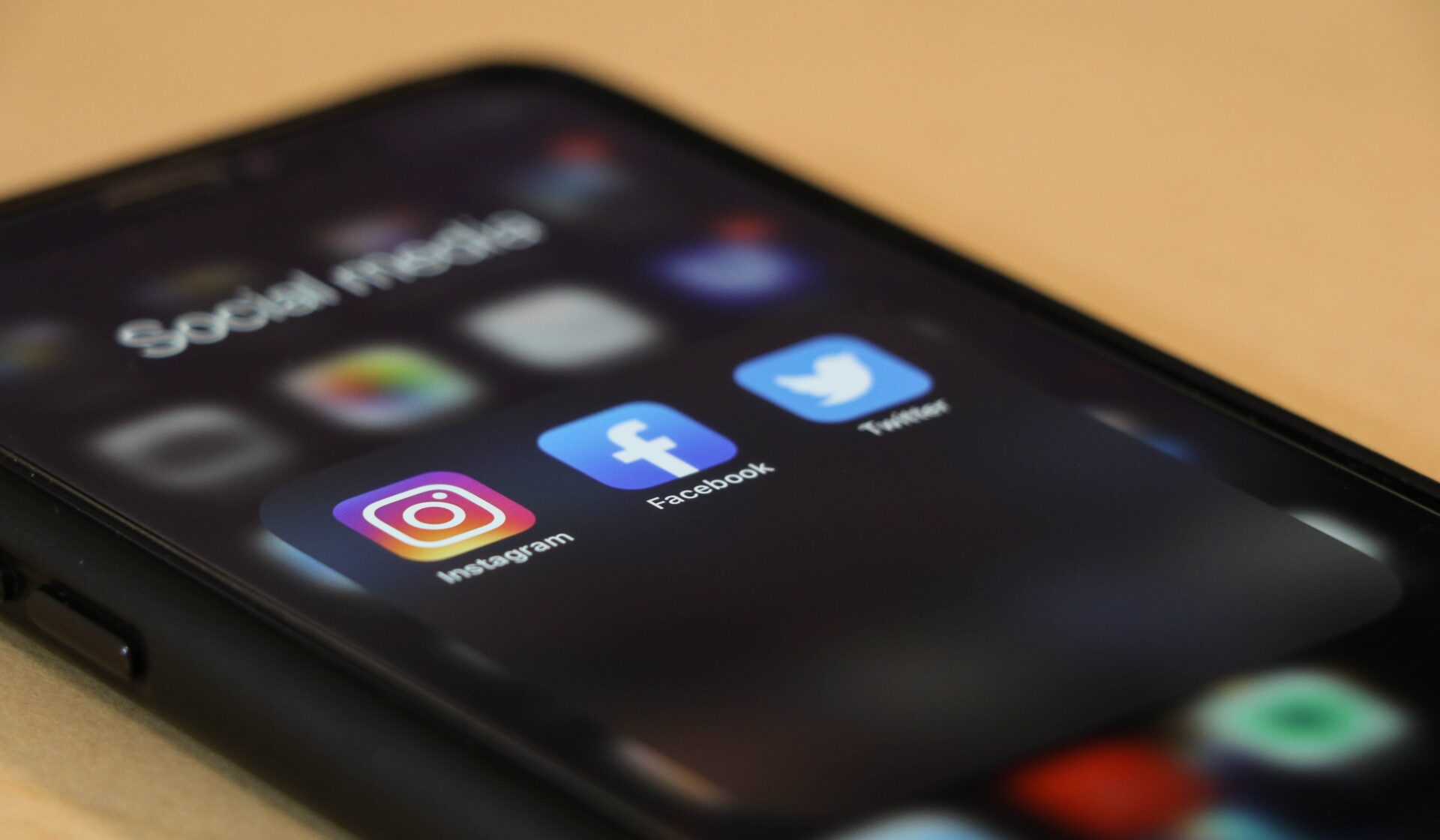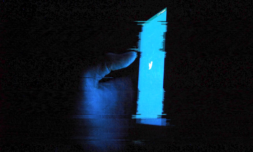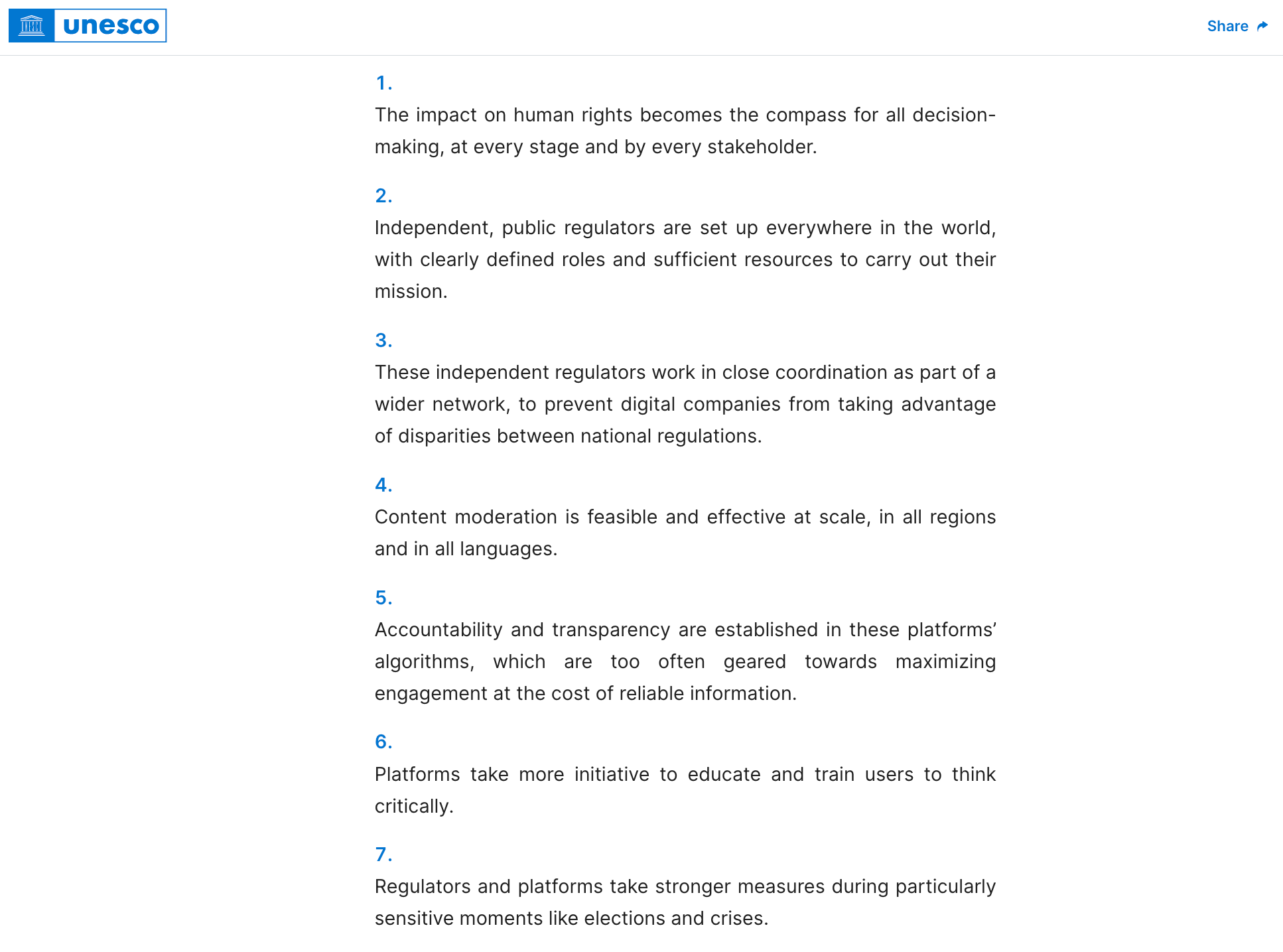According to a new survey, more than 85 per cent of people are worried about the impact of online disinformation and 87 per cent believe it has already harmed their country’s politics.
On Monday, UNESCO’s Director-General Audrey Azoulay sounded the alarm on the intensification of disinformation and hate speech online, which she said poses ‘major risks to social cohesion, peace, and stability.’
Her warning comes on the back of a UNESCO-commissioned survey in 16 countries due to hold national elections next year, according to which more than 87 per cent of participants believe the phenomenon has already significantly affected political life and fear its influence going forward.
‘Digital technology has enabled immense progress on freedom of speech, but social media platforms have also accelerated and amplified the spread of false information and hate speech,’ Azoulay told reporters. ‘To protect access to information, we must regulate these platforms without delay, while at the same time protecting freedom of expression and human rights.’
As the findings additionally stipulate, of the 8,000 people from Austria, Croatia, the US, Algeria, Mexico, Ghana, and India (among others) who were surveyed, 56 per cent of them get their news from social media.

Far more than from TV (44 per cent) or digital publications (29 per cent), social media was the main source of news in almost every country, despite trust in the information it provided being notably lower than in traditional media: 50 per cent against 66 per cent for TV, 63 per cent for radio, and 57 per cent for websites and apps.
Across all countries and ‘prevalent in every age group, background, and political preference,’ 68 per cent of respondents said that social media was where fake news was most widespread.





















